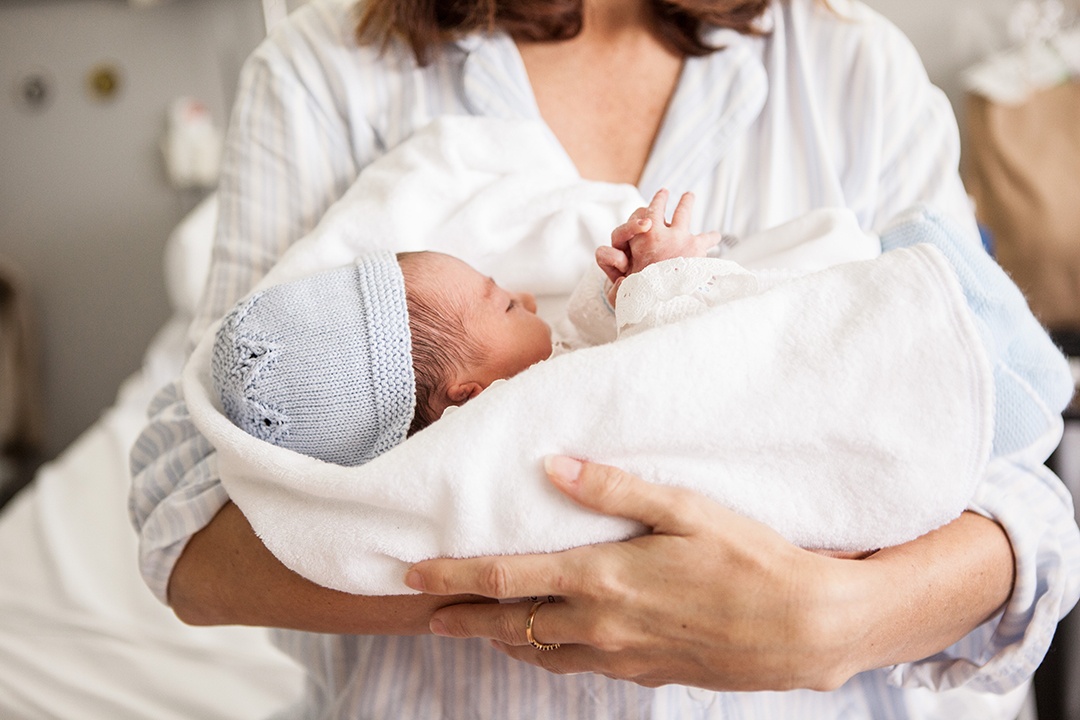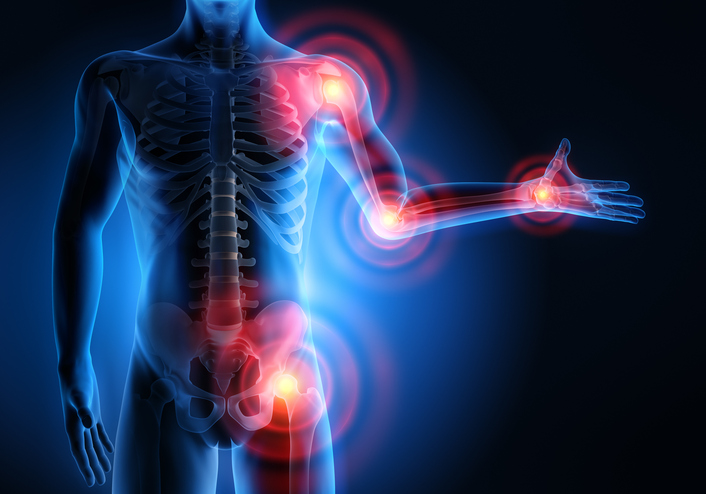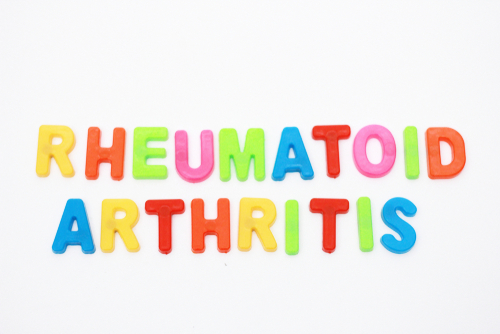
Women with rheumatoid arthritis (RA) who undergo assisted reproduction treatment (ART) have decreased odds of a live birth compared to women without the disease, according to a new study.
The cohort study, published in the Annals of the Rheumatic Diseases, used Danish health registries to gather data on embryo transfer patients between Jan. 1, 1994, and June 30, 2017. Of 200,090 total patients, 1,149 had RA. The primary outcome was live birth per embryo transfer.
Compared to women without RA, those with the disease had an adjusted odds radio (aOR) of 0.78 (95% CI 0.65 to 0.92) for a live birth per embryo transfer; aORs for biochemical and clinical pregnancies were slightly higher at 0.81 (95% CI 0.68 to 0.95) and 0.82 (95% CI 0.59 to 1.15), respectively. Women with a corticosteroid prescription before the transfer had increased chances for a live birth (aOR=1.32 [95% CI 0.85 to 2.05]).
Previous studies have also examined potential conception or fertility struggles faced by RA patients. A 2011 study published in Arthritis & Rheumatology compared time to pregnancy (TTP) between women diagnosed with RA prior to conception (n = 112) and those without RA (n = 74,255). The researchers discovered that RA patients were more likely to have received infertility treatments (9.8% vs. 7.6%) and take more than a year to conceive (25% vs. 15.6%).
Disease activity may also change during pregnancy, studies have discovered. Research published in Arthritis Care & Research found that RA patients who become pregnant experience decreased significant disease activity during pregnancy, but it increases during the postpartum period. The same study found that patients with low disease activity in their first trimester tend to have stable disease activity during their pregnancy, but nearly half of those with moderate disease activity during the first three months had a moderate response (based on European League Against Rheumatism [EULAR] response criteria).
Of their findings, the authors of the present study wrote, “The chance of a live birth was significantly reduced in women with rheumatoid arthritis receiving ART treatment, relative to women without rheumatoid arthritis, and our result suggested that the problem was related to an impaired chance of embryo implantation. The role of corticosteroid use prior to embryo transfer must be a subject for further research.”
Rheumatoid Arthritis Patients with Low Disease Activity Still Have Flareups
Is It Rheumatoid Arthritis … or Something Else?
Patients With Rheumatoid Arthritis Show Suboptimal Diabetes Screening Rates
Source: Annals of the Rheumatic Disease







 © 2025 Mashup Media, LLC, a Formedics Property. All Rights Reserved.
© 2025 Mashup Media, LLC, a Formedics Property. All Rights Reserved.